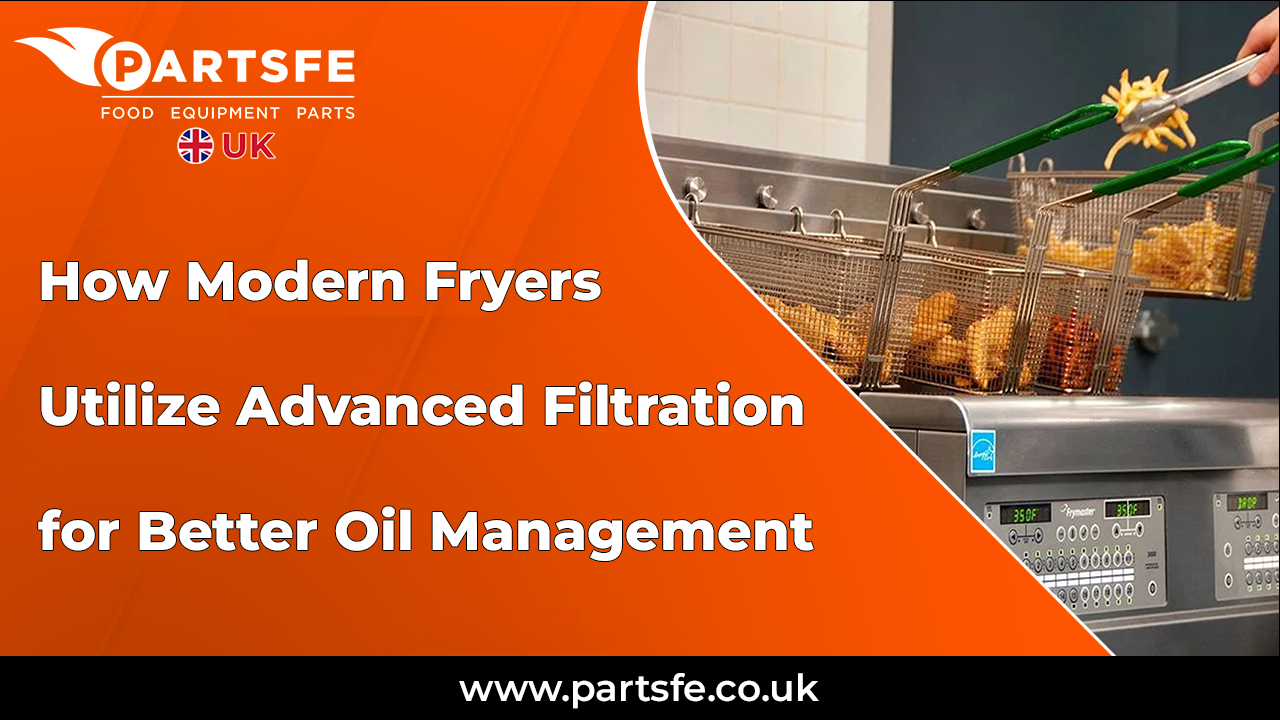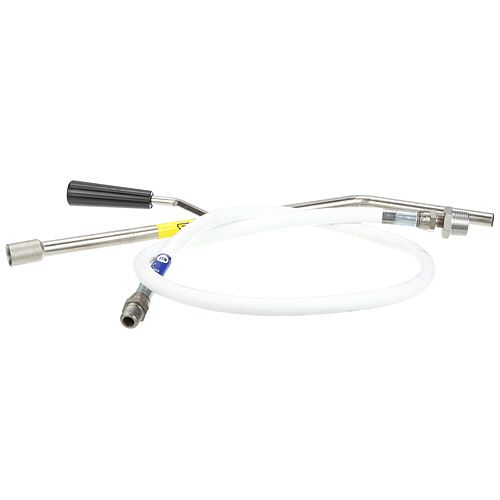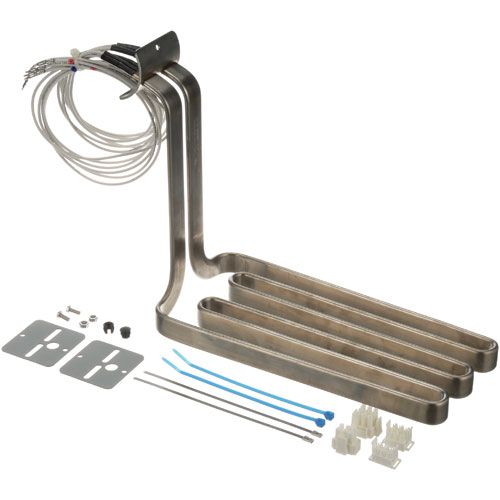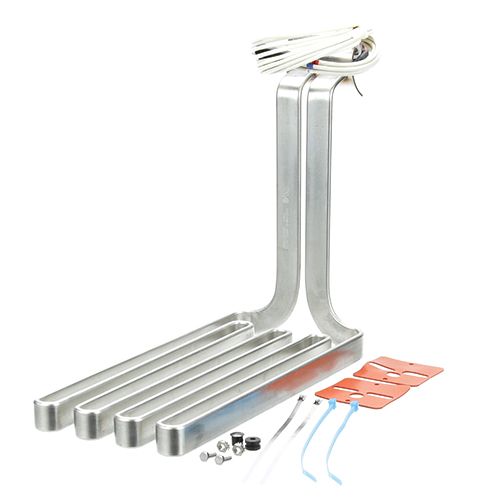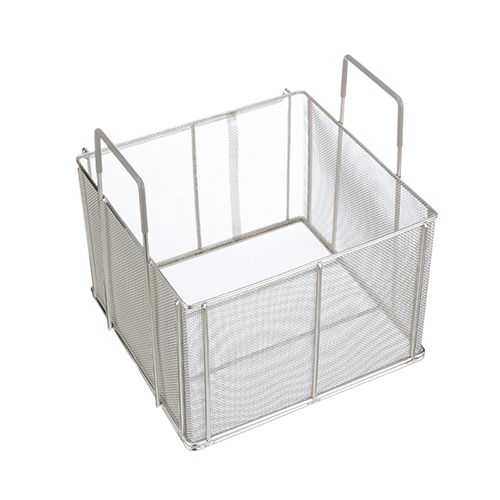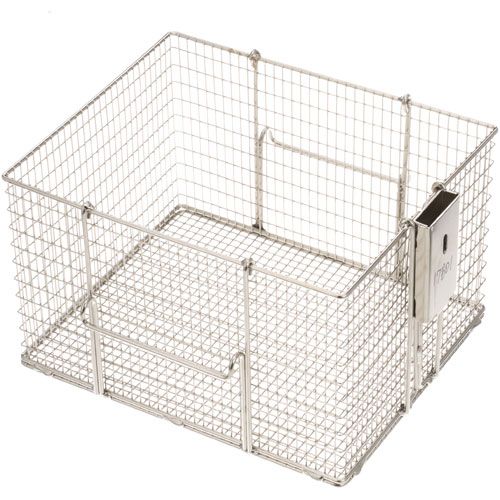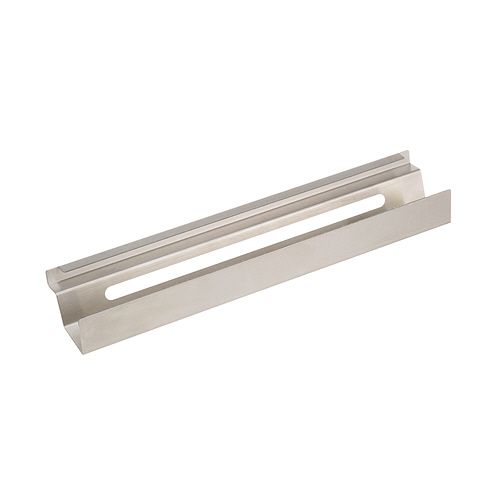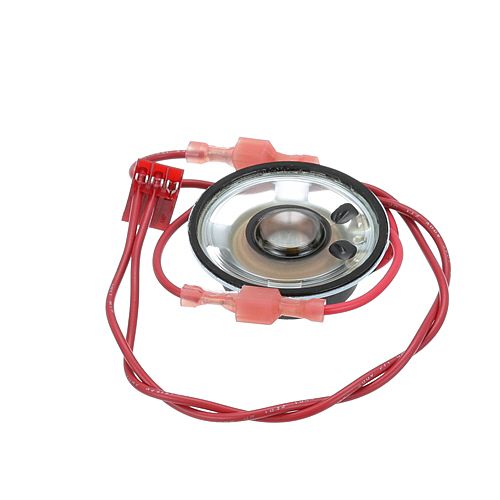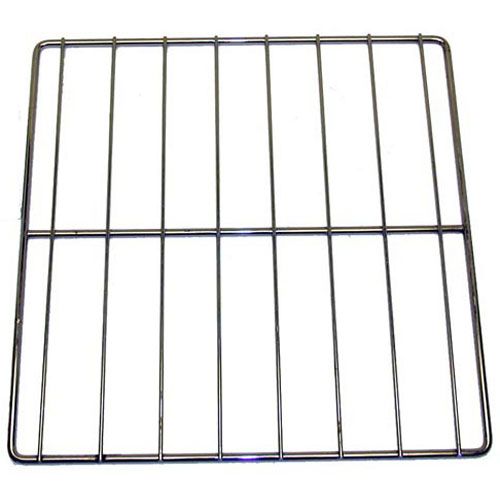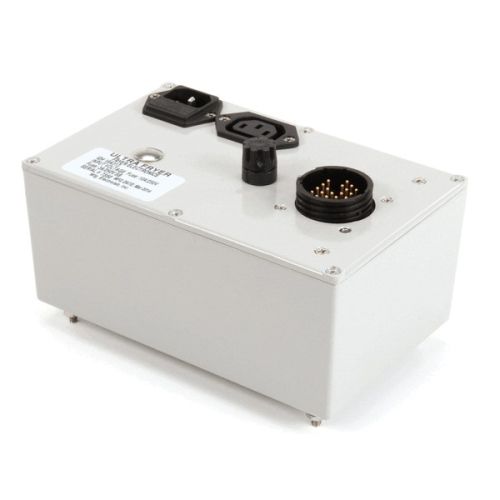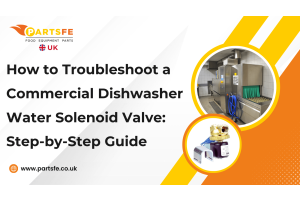How Modern Fryers Utilize Advanced Filtration for Better Oil Management
Modern fryers have been developed to keep pace with efficiency, quality, and sustainability needs in the fast-moving commercial kitchen world. Perhaps the most important advancement in fryer technology is the addition of advanced filtration systems which revolutionize oil management. Modern fryers use cutting-edge filtration technologies to provide improved oil quality, extended oil life, and improved frying performance. In this blog, we’ll take a look at how these innovative filtration systems are changing the game for commercial frying, giving operators the tools they need to improve their oil management and maximize the performance of their fryers.
The Evolution of Fryer Technology
Traditional Fryers and Oil Management: Traditional fryers relied on relatively basic means of managing oil. The oil in the fryer is heated to the desired cooking temperature for most cases. Nevertheless, the control of the oil management in these fryers is limited, which makes it difficult to maintain the oil at optimal levels and to use it for a long time and causes problems such as inconsistent heating of oil, deterioration of oil quality over time and difficulty to maintain the oil at good levels for a long time.
Advanced Fryer Technologies and Filtration Systems
|
Technology/Filtration |
Description |
|
Improved heating technology |
Advanced heating elements and precise temperature control ensure consistent cooking temperatures, protecting oil life and improving food quality. |
|
Filtration & oil circulation |
Built-in systems filter and circulate oil, removing impurities, crumbs, and residues, which extends oil life and maintains frying quality. |
|
Oil quality monitoring |
Sensors assess oil quality (acidity and degradation), allowing operators to replace oil at the right time, reducing waste, and preserving food quality. |
|
Efficient oil recovery |
New fryer designs make draining, cleaning, and replacing oil easier, safer, and more manageable, improving maintenance processes. |
|
Mechanical filtration |
Fine mesh filters prevent large food particles from becoming residues, keeping the oil cleaner and more efficient for longer use. |
|
Sedimentation |
Heavier food particles settle at the bottom of the fryer, reducing carbonization and preserving overall oil quality. |
Key Components of a Fryer Filtration System
-
Filters and screens: The fryer filtration system consists of a filter and screen for trapping particles and debris that can exist in the cooking oil. Usually, filters are made of materials such as paper or mesh to capture impurities, crumbs, or residues that do not circulate back into the oil.
-
Oil pumps: Circulating and cleaning the cooking oil of the fryer system relies on the use of oil pumps. These pumps allow oil to pass through the filtration process, by filtering or screening the passing of impurities against it.
-
Drain valves and baskets: There are drain valves and baskets included in all fryer filtration systems that allow sediment and debris to be removed from used oil. Being drain valves, these allow operators to drain out the used oil for disposal or filtration, thereby, keeping supplies to what is clean and fresh to cook the food. Frying food typically requires baskets to keep food items separate from one another, but a basket also helps to prevent contamination and allows larger debris and particles to fall through so they can be exposed to the air for burning.
Benefits of Advanced Oil Filtration Systems
-
Extended oil life: The advanced oil filtration systems can extend the usable life of cooking oil by filtration with a minimum of impurities, crumbs, and contaminants. This process helps keep the oil fresh and intact so that it can be used for a longer service without destroying the quality of foods that it is being used to cook.
-
Better food quality: Advanced filtration systems yield cleaner oil, used in better tasting and more textured food. Removing residue, burnt particles, and off flavors from the oil has the double effect of eliminating them from the food cooked in cleaner oil, so they remain as fresh in flavor, texture, and aroma as before.
-
Cost efficiency: In several ways, advanced oil filtration systems bring about cost efficiency. Businesses also save money on frequent oil replacements and reduce oil consumption by extending the life of the cooking oil.
-
Improved health and safety: Healthy frying practices are dependent on oil filtration that blocks contaminants and impurities responsible for oil degradation leading to the formation of harmful compounds. Cleaner oil means cleaner food, which means healthier food options with lower levels of oil breakdown byproducts, which in turn means better food safety standards and better overall customer satisfaction.
Filtration Methods in Modern Fryers
-
Passive filtration systems: Modern fryers use gravity to passively filter oil. Typically, these basic systems include a built-in filtration system in the fryer unit. The oil is then cooled down and settled, and then filtered through a gravity-fed system. It helps by separating the food particles, crumbs, and other impurities from the oil and prolongs the usable life of the oil.
-
Active filtration systems: Modern fryers that have active filtration systems employ more up-to-date technology for oil management. Often many of these systems feature pumps and continuous circulation to actively filter the oil. The filtration process is allowed by the pump-driven filtration process to be more efficient in removing impurities and contaminants from the oil.
Properly Maintaining and Cleaning Filtration Systems
Establish a consistent schedule for cleaning and maintaining the filtration system. This may involve daily tasks such as removing debris and filtering out impurities, as well as periodic deep cleaning to prevent clogs and maintain optimal performance.
-
Inspect seals and gaskets: Regularly inspect and replace seals, kits, and gaskets to prevent leaks and ensure the filtration system functions efficiently.
-
Monitoring oil quality: This means implementing a routine oil monitoring program to determine the quality and condition of frying oil. You can use tools like oil test strips or oil quality sensors that measure the level of degradation and let you know when it’s time for a change.
-
Filter changes: Change your filter according to manufacturer guidelines and usage. The frequency of this will depend on the type of food being fried, usage volume, and the needs of the filtration system.
Modern fryers have embraced advanced filtration technologies to revolutionize oil management in commercial kitchens. By integrating innovative filtration systems, these fryers can maintain the quality and cleanliness of frying oil, leading to enhanced food quality, prolonged oil longevity, and reduced operational costs. The incorporation of automation, real-time monitoring, and precision filtration methods ensures that oil is consistently maintained at optimal quality, providing a competitive edge to establishments aiming for superior fried food offerings. PartsFe UK offers a comprehensive selection of commercial fryer parts for replacement, including heating elements, thermostats, and fryer baskets. Order now to enhance your appliances with top-quality equipment from leading manufacturers at competitive prices.
FAQs
What are self-cleaning fryer models and how do they help commercial kitchens?
Commercial kitchen fryers that are self-cleaning models are commercial kitchen fryers with automated cleaning systems which makes maintenance easier. The fryers decrease labor, increase operational efficiency, and maintain food quality by keeping equipment clean.
What role does self-cleaning technology play in maintaining oil quality and reducing labor?
Self-cleaning fryers keep oil quality by removing debris and reducing labor by automating cleaning, saving time, and improving hygiene.
What can oil quality monitoring tools do to help with filter change frequencies?
Real-time data on oil degradation from oil quality monitoring tools enables filter changes to be optimized based on the actual condition of the oil, rather than a pre-determined schedule.

